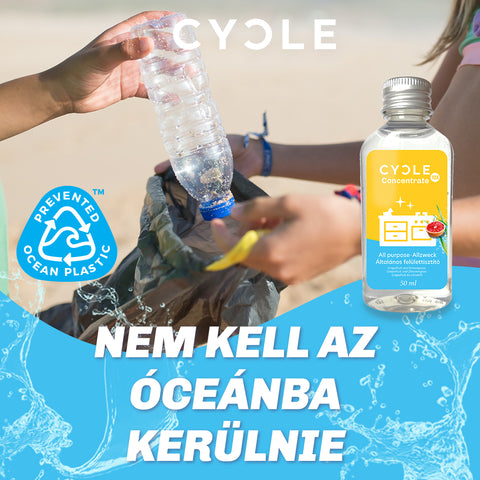The world oceans impressive and beautiful for living beings they give home . However after 12 million per year ton plastic waste costs the into the ocean , these wonderful animals serious with threats to look at face to face .

Maritime turtles
The sea turtles the ocean maybe most iconic and most popular These gentle creatures giants unfortunately often they confuse plastic bags and other , the in the ocean float plastic debris the by them with pleasure consumed some with animals , e.g. with jellyfish . The plastic swallowing however painful with consequences It's six .

Plastic gets stuck in the stomachs of turtles, causing digestive blockages and preventing them from feeding properly. This ultimately leads to starvation, which can lead to their death.
The sharp edges and harmful chemicals found in plastic can also tear the turtles' delicate organs and cause unbearable internal injuries.
Whales
The whales and the dolphins also they wear the oceanic plastics , especially plastic debris serious Imagine their burdens . only away , how into position the whales are coming and dolphins when they get tangled in the discarded in fishing nets , lines and other plastic into waste . These the strong plastic threads whales are limited and dolphins movement , they cut into their skin and into their limbs .

Whale with a fishing net in his mouth around
Maritime birds
Seabirds that once soared gracefully through the sky are slowly becoming extinct due to our plastic pollution. Gulls, albatrosses, and pelicans often mistake plastic for food. Ingesting plastic debris causes internal injuries, blockages, and malnutrition, which leads to weakened immune systems.

Ocean plastic also impacts the care of their offspring. Seabirds often inadvertently feed plastic to their chicks, mistaking it for nutritious food. Tragically, the chicks are unable to digest or pass the plastic, which can lead to malnutrition, stunted growth, and higher mortality rates.

Penguin trapped in plastic
From the ocean saved plastic (POP): Custom solution the oceanic plastic waste and to prevent
The ocean plastics by the sea living beings reported serious threats in response to Prevented Ocean Plastic , POP for short can give solution t .
 Look for the “Prevented Ocean Plastic” logo
Look for the “Prevented Ocean Plastic” logo
POP is excellent quality recycled plastic , which so seaside about areas comes from , which exists the ocean pollution On beaches and seashores collect plastic bottles so that they don't get the into the ocean and not be harmed those at sea animals . Then these bottles they recycle new , sustainable packaging

Plastic bottles recycling
How is POP different from other recycled plastics? POP focuses on prevention. It primarily prevents plastic from reaching the ocean, because by the time a bottle hits the water, it’s too late. Sunlight and salt water combine to quickly degrade plastic, making it nearly impossible to recycle. That’s why the POP initiative aims to ensure that plastic never reaches the water.
CYCLE and POP:
At CYCLE, we feel the need to join the fight to protect our diverse oceans and innocent marine life. That’s why we’re advocating for the use of Prevented Ocean Plastic (POP) in our packaging. We’re excited to introduce our latest product, a limited-edition summer-ready all-purpose cleaner concentrate with a grapefruit and lemongrass scent, presented in the innovative POP bottle.

CYCLE refill concentrate in POP packaging
By introducing POP bottles, we aim to prevent plastics from entering the ocean, which poses a huge threat to marine animals: turtles, seabirds or marine mammals that accidentally consume them. We believe that by using POP bottles, we can protect these vulnerable species and ensure a safer marine ecosystem for future generations.




